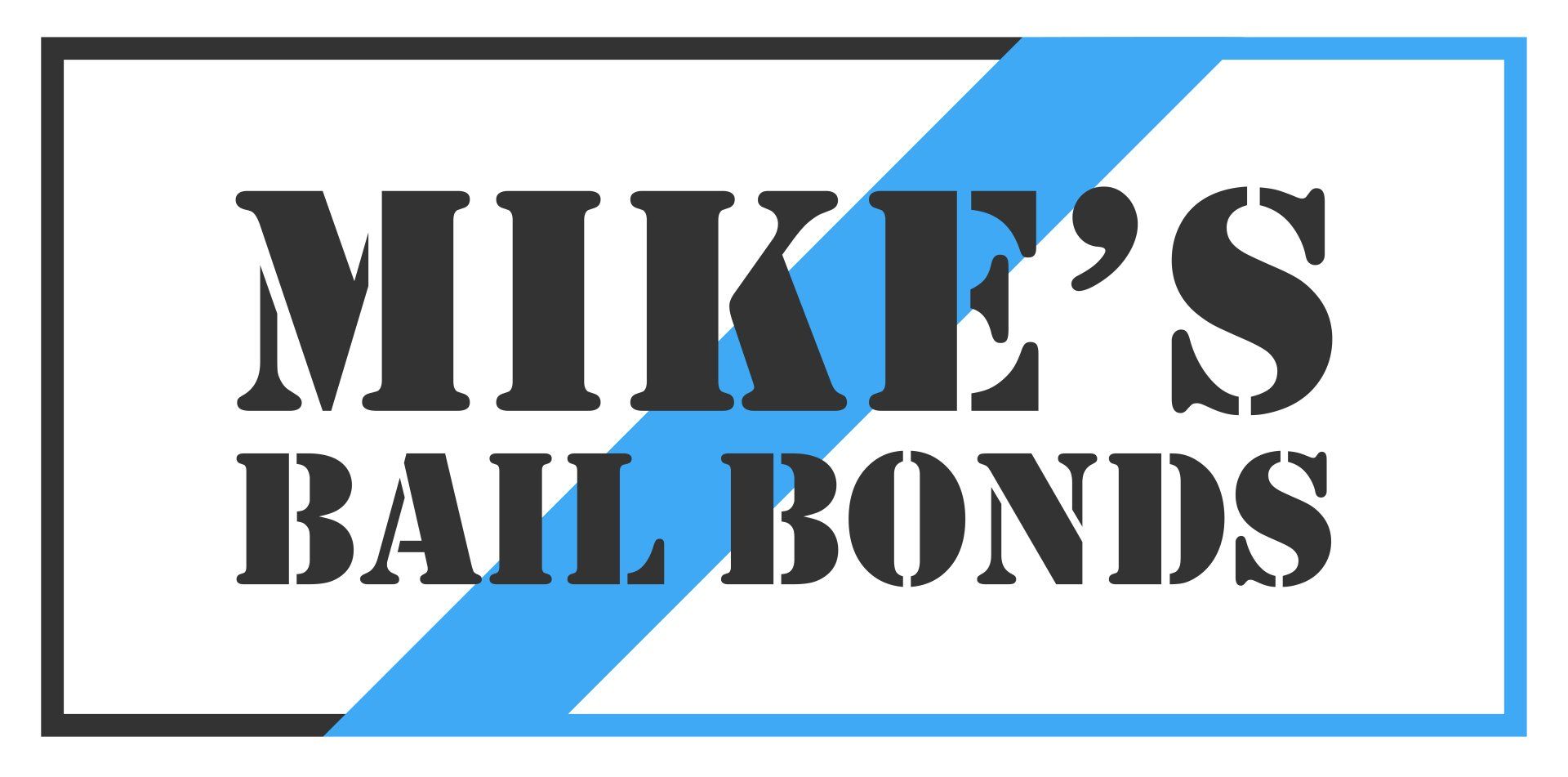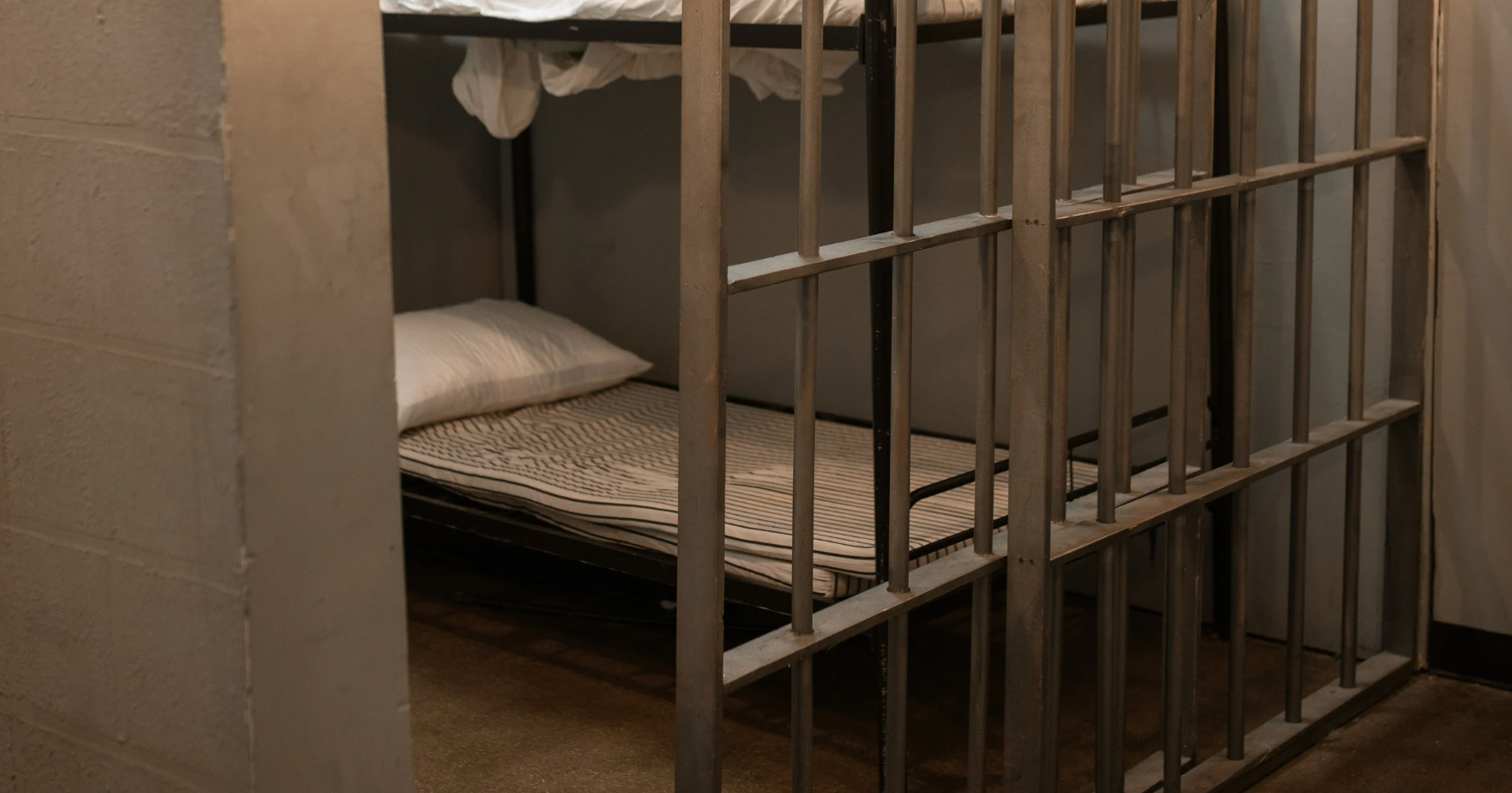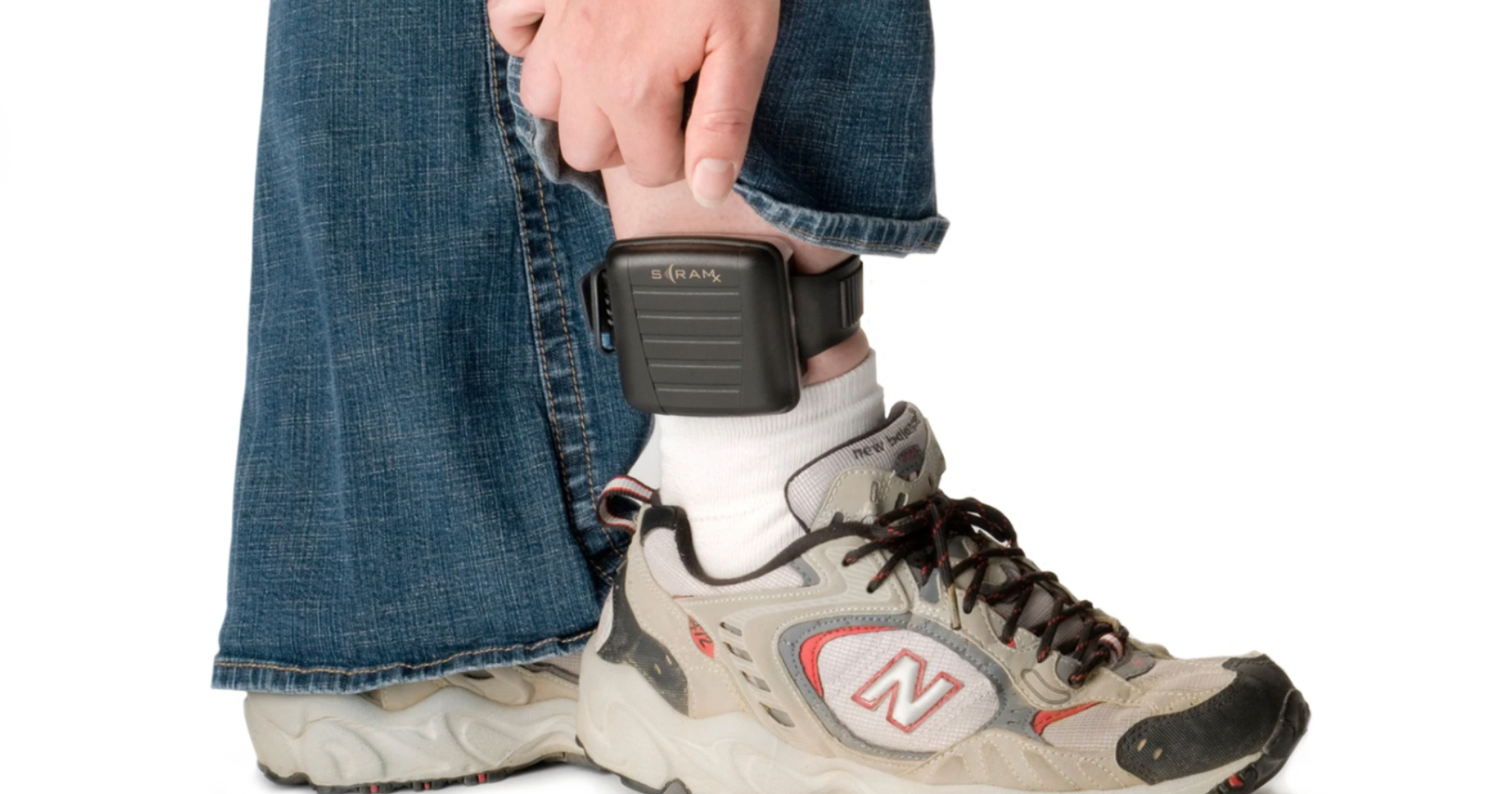What Does Unsecured Bail Mean?
When navigating the bail process, you may come across different types of bail, including unsecured bail. But what does unsecured bail mean, and how does it differ from other types of bail? Understanding the basics can help you make informed decisions during what is often a stressful time. Here’s everything you need to know about unsecured bail.
What Is Unsecured Bail?
Unsecured bail, sometimes referred to as an unsecured bond, allows a defendant to be released from jail without having to pay any upfront money. Unlike cash bail, where you have to post a certain amount of money to secure release, unsecured bail doesn’t require immediate payment. Instead, the defendant signs an agreement to appear in court and follow any conditions set by the judge. If they fail to meet these conditions, they will be responsible for paying the full bail amount.
How Does Unsecured Bail Work?
Here’s how the unsecured bail process typically works:
- Court Decision: The court sets a bail amount but allows the defendant to be released without paying it upfront. This is called an unsecured bond.
- Agreement: The defendant agrees to attend all court dates and comply with any conditions, such as staying within a certain area or avoiding certain people.
- No Upfront Payment: Unlike cash bail, where the full amount must be paid for release, no money is exchanged when using unsecured bail.
- Payment on Failure to Appear: If the defendant violates any terms of release or misses a court appearance, they are responsible for paying the full bail amount set by the court.
Why Would a Court Allow Unsecured Bail?
Unsecured bail is typically granted when the court believes the defendant poses a low flight risk and is likely to appear at future court hearings. It’s often used for those with no prior criminal record or for minor offenses. The goal is to reduce overcrowding in jails while still ensuring the defendant’s return to court.
What Happens If Conditions Are Broken?
If the defendant fails to show up in court or violates any conditions, they will owe the full bail amount and could face additional legal penalties. In some cases, the court may issue a warrant for the defendant’s arrest, leading to further complications.
Need Help Navigating the Bail Process?
If you or a loved one has questions about unsecured bail or needs assistance with any type of bail, Mike's Bail Bonds is here to help. Contact us 24/7 for professional guidance and fast, reliable service!

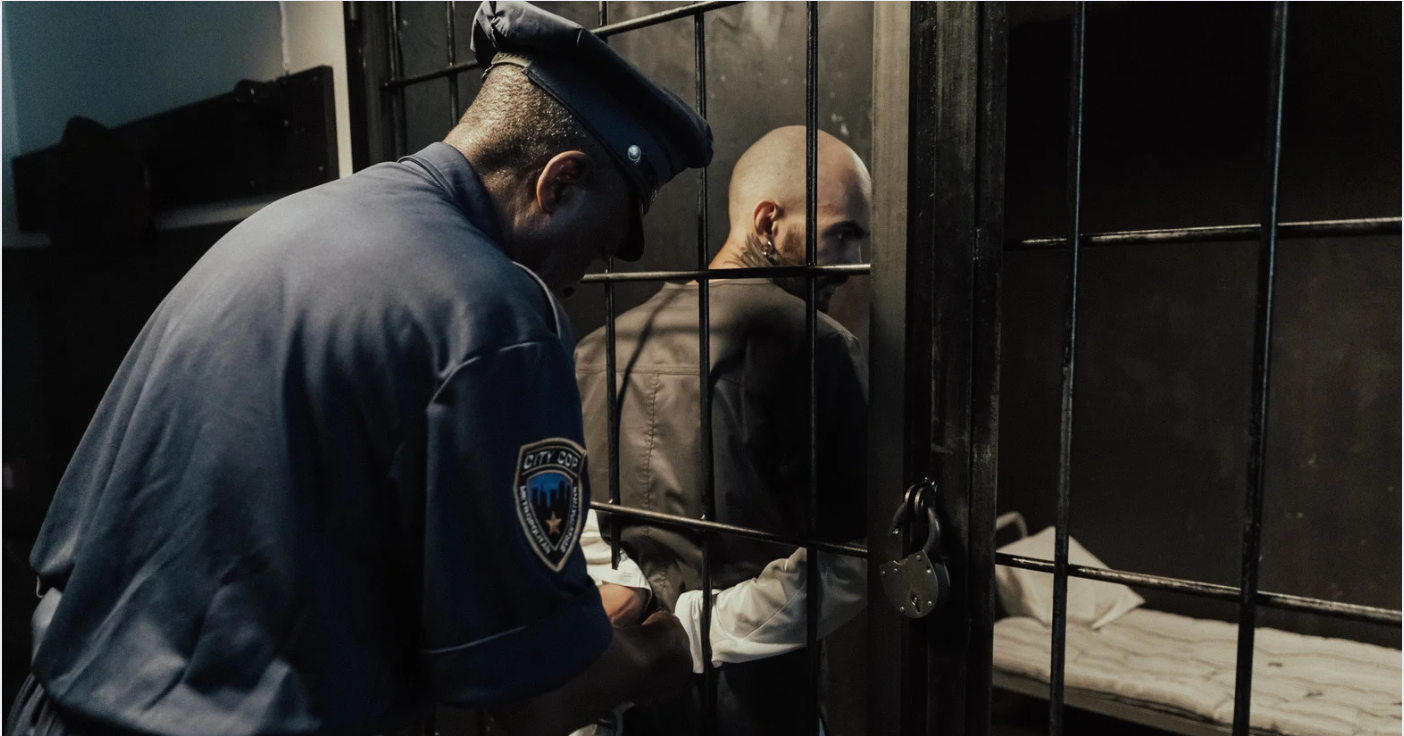
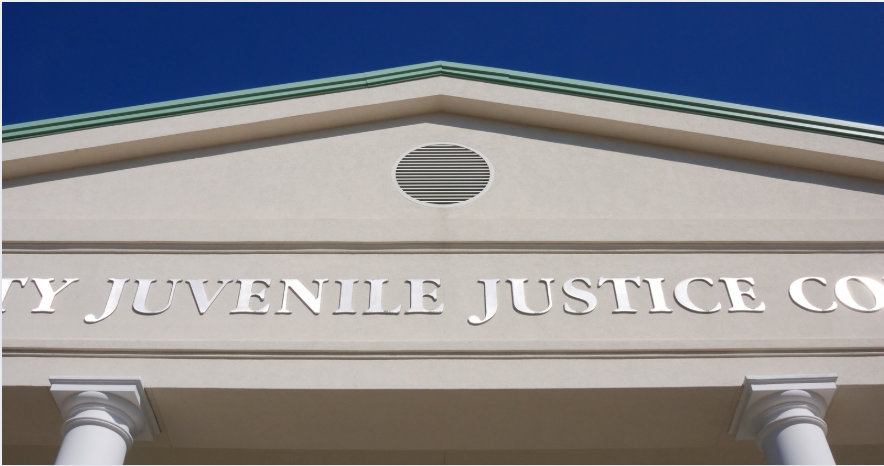
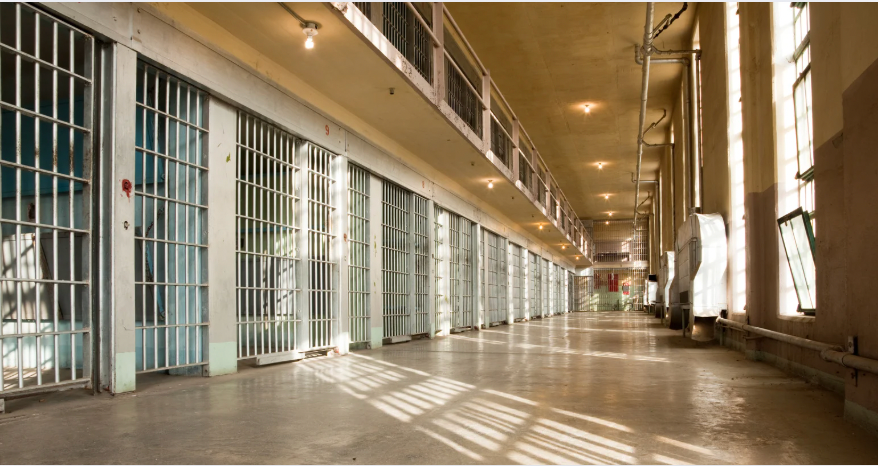
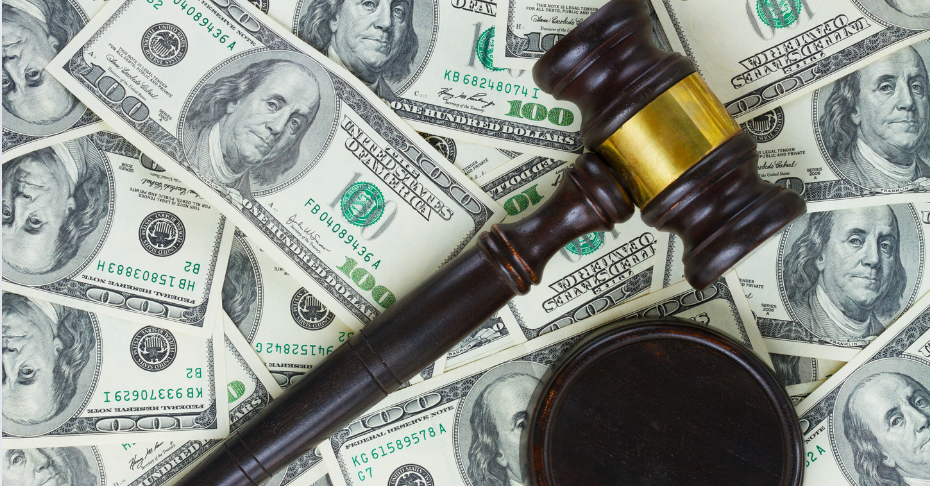

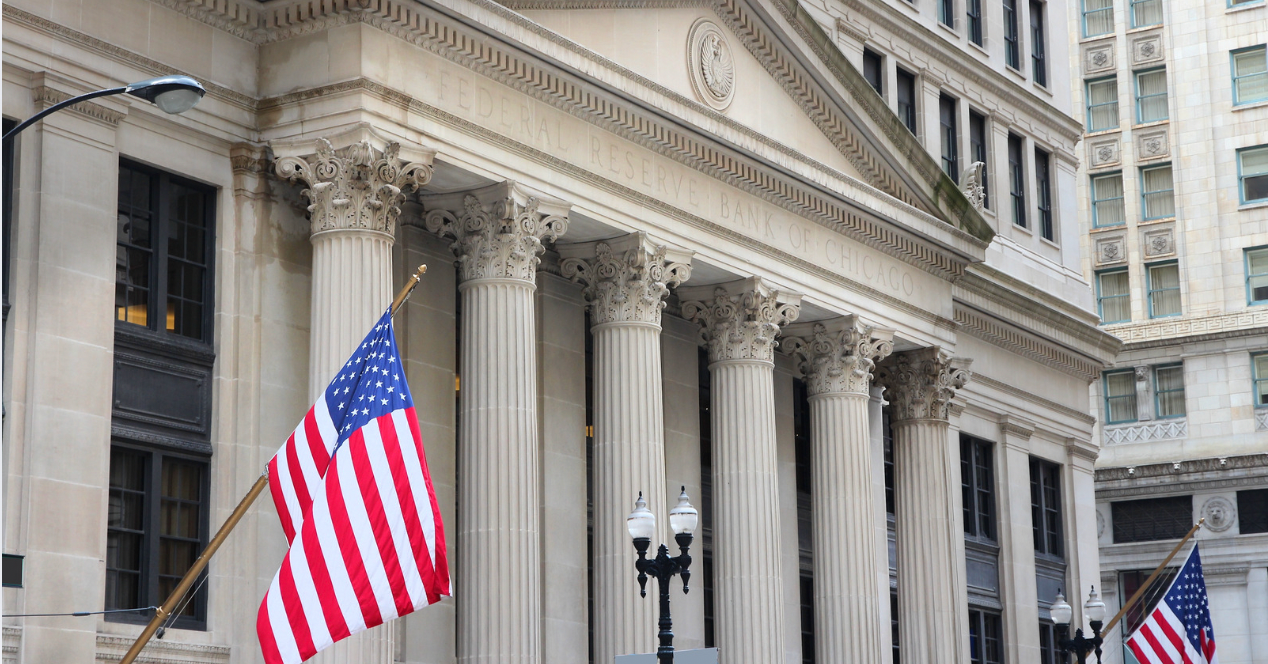

Contact Us
For more information or to contact us now, call us at (860) 855-6453 or fill out the form below to contact us online.
We will get back to you as soon as possible
Please try again later
